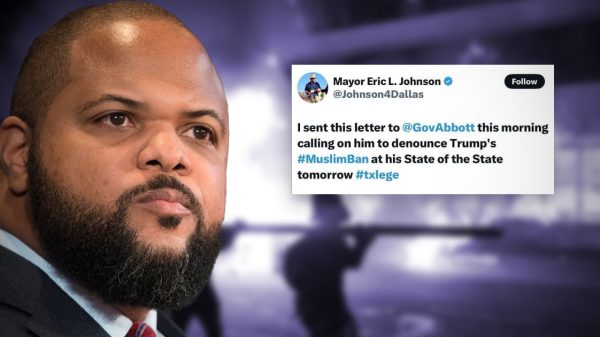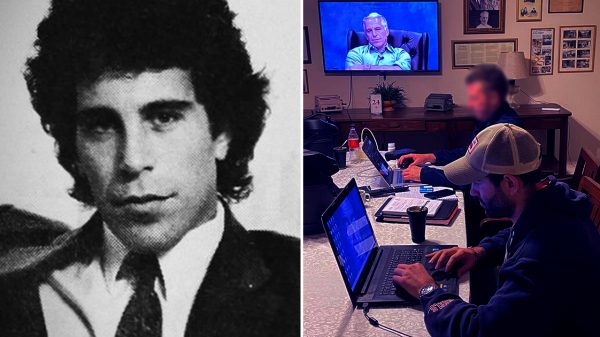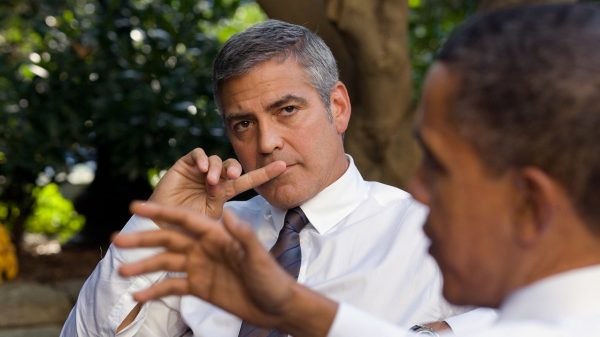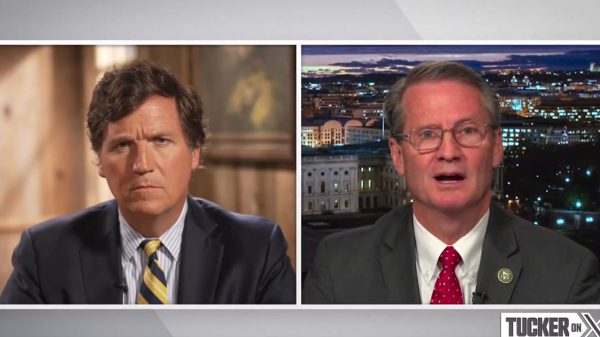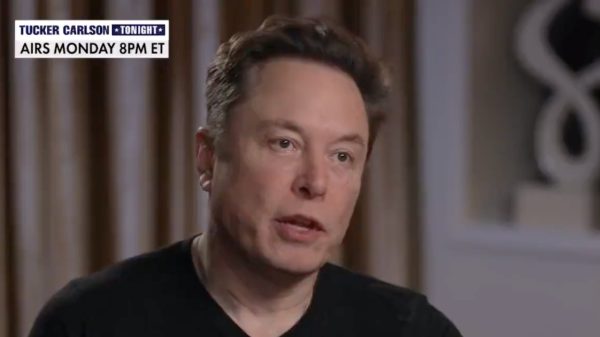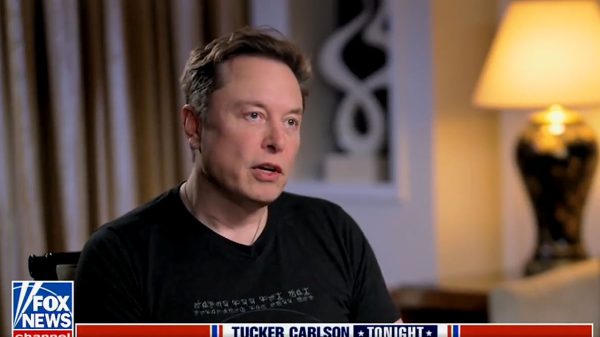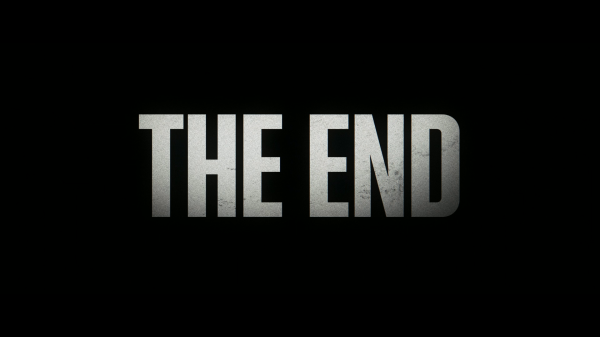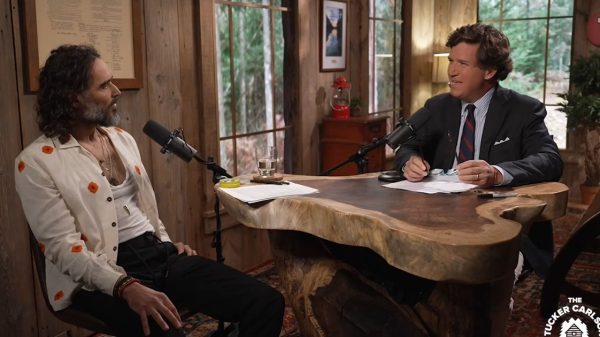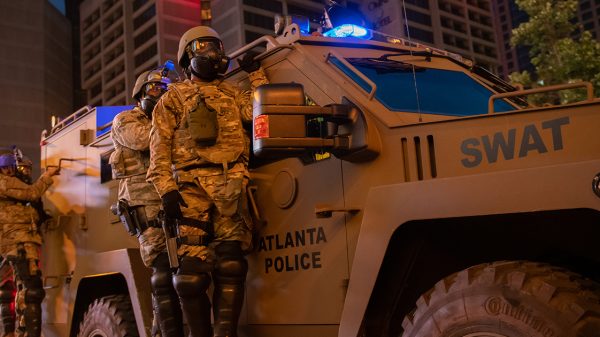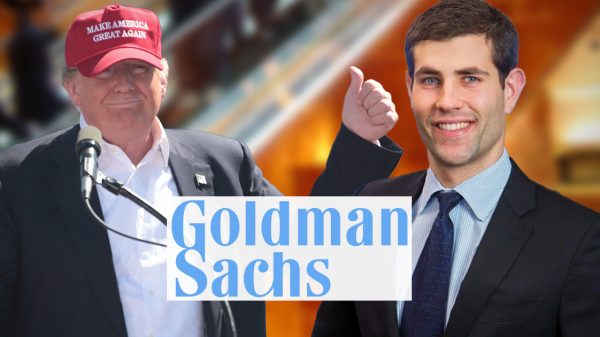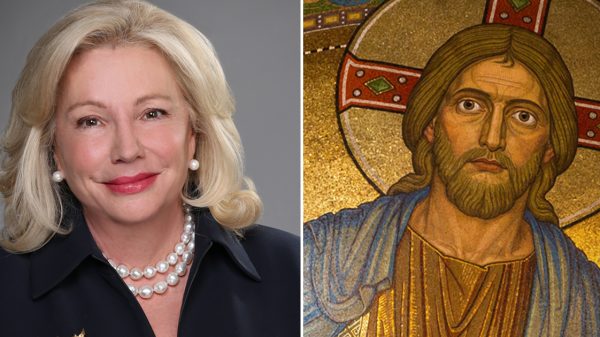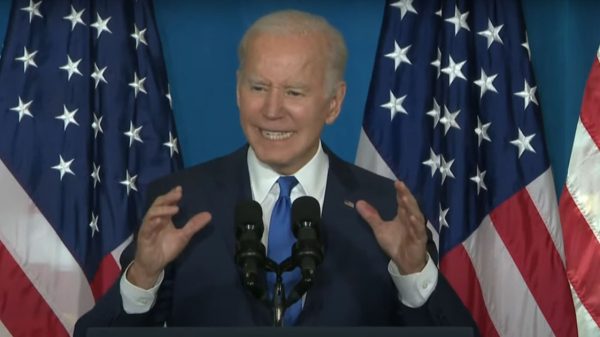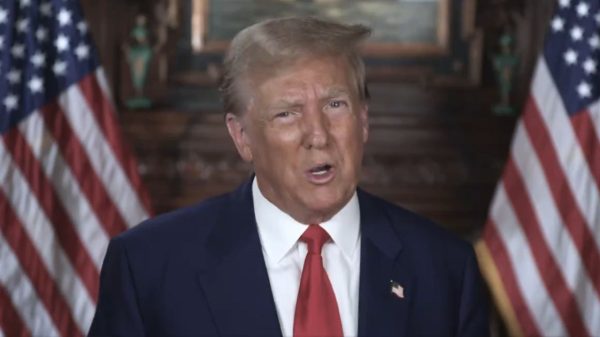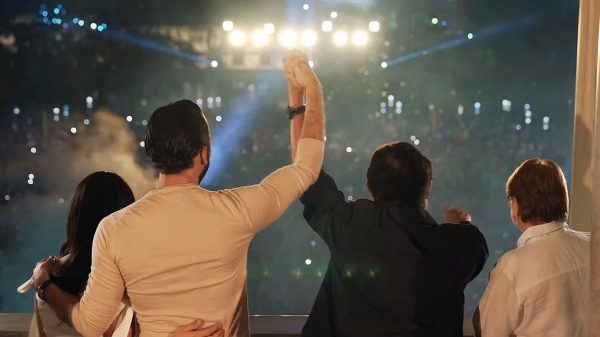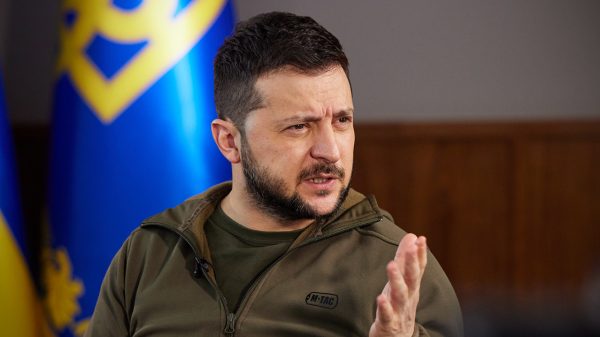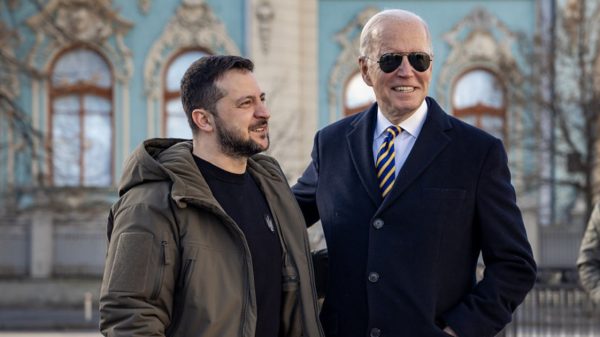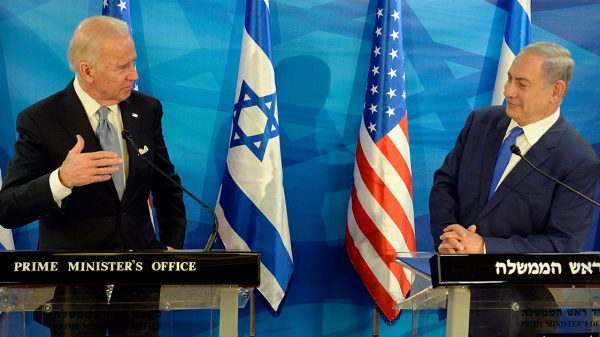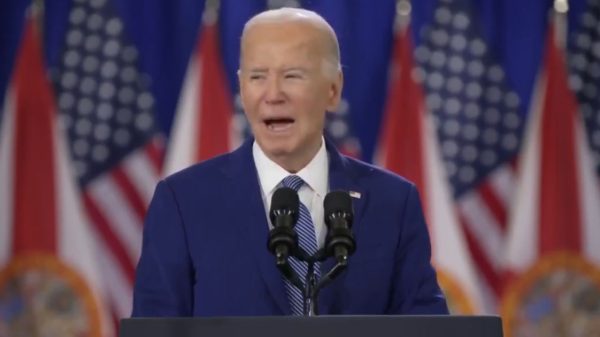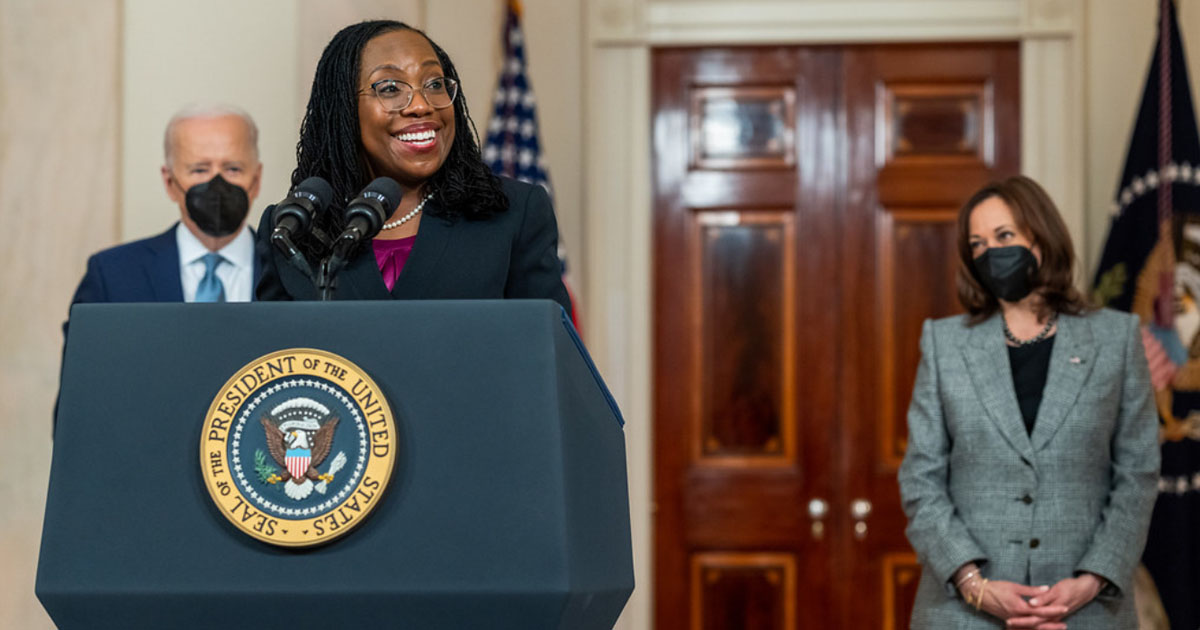Supreme Court Justice Ketanji Brown Jackson recently expressed concerns about the First Amendment’s impact on the government’s ability to control speech, particularly during “the most important time periods.”
Jackson argued that the First Amendment, which guarantees free speech rights, is “hamstringing the government in significant ways.”
During a discussion about the Supreme Court case, “Murthy vs. Missouri,” which alleges Federal Government Officials violated the First Amendment by “coercing” or “significantly encouraging” social media companies to remove or suppress information, Justice Jackson stated that she believes there are situations where she would “encourage or require this kind of censorship.”
During today's Supreme Court hearing on social media content moderation, Justice Ketanji Brown Jackson expressed concerns about "The First Amendment hamstringing the Government." pic.twitter.com/qNGRrbUcpp
— Pirate Wires (@PirateWires) March 18, 2024
The case has sparked debate about the role of the First Amendment in protecting free speech and the government’s power to control information. Critics argue that the First Amendment is a cornerstone of American democracy and is essential for protecting citizens’ rights to express their opinions and ideas without fear of retribution from the government.
Some conservative commentators have expressed concern about Justice Jackson’s comments, arguing that they demonstrate a lack of understanding of the importance of the First Amendment in protecting free speech. They have also raised questions about the potential implications of her views for the future of free speech in the United States.
The Supreme Court is currently hearing oral arguments in the case, and a decision is expected later this year. The outcome of the case could have far-reaching implications for the balance between free speech and government control of information in the United States.
In conclusion, Supreme Court Justice Ketanji Brown Jackson’s recent comments about the First Amendment’s limitations on government censorship have sparked controversy and debate. As the Supreme Court continues to consider the case, the future of free speech in the United States remains uncertain.



